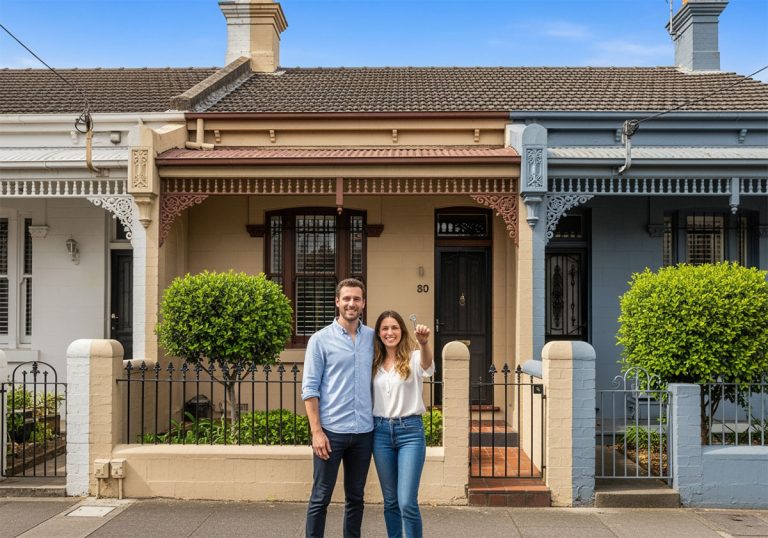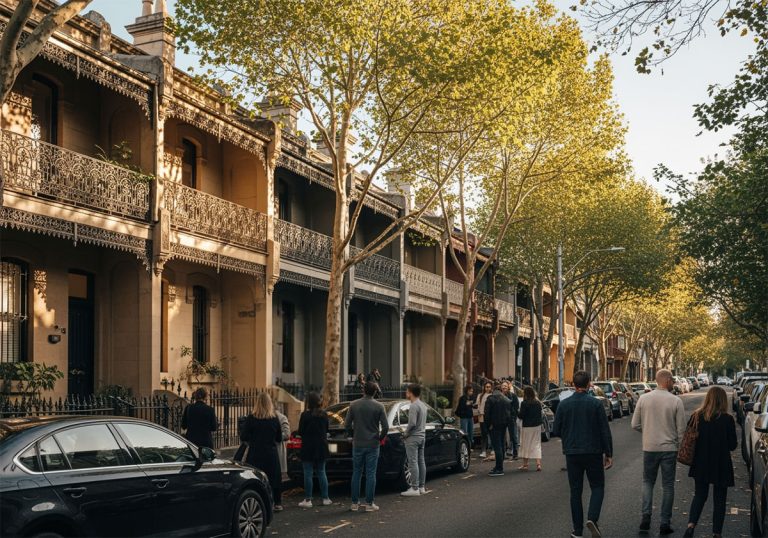When purchasing a property such as an apartment or townhouse, under a strata scheme, it is crucial to budget for the cost of ongoing strata fees. These fees represent future costs that can significantly impact your budget and the long-term viability of your investment. As buyers’ agents specialising in Sydney’s Inner City and Inner West markets, we are able to provide clarity on typical strata fees and guide property buyers in assessing the financial health of strata buildings.
What Are Strata Fees?
Strata fees, also known as strata levies or body corporate fees, are contributions made by owners within a strata-titled property to maintain shared spaces and services. These fees cover essential expenses such as building maintenance, insurance, utilities for common areas, and the employment of caretakers or cleaners. Strata fees are divided into three main categories:
- Administrative Fund Levies: Cover day-to-day operational costs such as cleaning, gardening, and minor repairs.
- Capital Works Fund (Sinking Fund): Reserved for major repairs and upgrades, including structural work and large-scale renovations.
- Special Levies: Additional and irregular charges imposed for unexpected expenses not covered by the sinking fund.
Typical Strata Fees for Apartments and Townhouses
Strata fees vary significantly based on factors such as location, building age, amenities, and management quality. In Sydney, these fees typically range from $500 to $2,500 per quarter for 2 bedroom apartments and $400 to $1,000 per quarter for townhouses. However, fees vary significantly depending upon a number of factors.
It is also important to note that strata fees tend to increase over time as property values rise and maintenance costs and demands grow.
Factors Influencing Strata Fees
Several factors determine the amount paid in strata fees:
- Unit Entitlement: Each lot in a strata plan is allocated a unit entitlement and this represents the proportional share of ownership in the common property. The unit entitlement is used to calculate the voting power and share of the strata fees. Usually, the larger the unit, the larger the unit entitlement. However, since the unit entitlement is determined with regard to the market value of each unit, in some instances, smaller units with premium views may attract a higher unit entitlement than larger units in the same building.
Also, beware that the unit entitlements are set by the original developer and in some instances, unit entitlements may be artificially high or low depending upon the developer’s original intentions. For example, if they were attempting to sell the units for a higher price, they may have lowered the unit entitlement to make the units seem more appealing to buyers at the time. There is a process to change the unit entitlement but this is not straightforward and will rely upon supporting documentation such as valuations.
- Building Age: Older buildings often require higher maintenance due to wear and tear.
- Amenities: Features such as pools, gyms, lifts, or concierge services increase ongoing costs.
- Location: Properties in premium locations (e.g., beachfront or city-centre) incur higher maintenance expenses.
- Management Quality: Efficient management can optimise costs and reduce unnecessary expenditures.
Assessing the Financial Health of a Strata Building
The financial health of a strata scheme is critical to ensuring that ongoing maintenance and major repairs can be carried out without imposing excessive levies on owners. Buyers should obtain a strata report in order to consider the following when evaluating a strata building:
- Review the Balance of Funds
Examine both the administrative fund (for day-to-day expenses) and the capital works fund (for larger projects). A healthy capital works fund indicates preparedness for future repairs without requiring special levies.
- Check for Special Levies
Special levies may be required to meet expenditure if there are insufficient reserves in the sinking fund. This is not a good sign. Frequent special levies may signal poor financial planning or insufficient reserves. Ensure that levies are not being imposed to cover routine expenses that should be budgeted within existing funds.
- Assess Insurance Coverage
Ensure that building insurance is adequate to cover potential risks such as structural damage or liability claims.
- Examine Financial Statements
A strata report provides detailed financial statements showing income from levies and expenditure on maintenance, insurance, utilities, and management fees. Look for evidence of balanced cash flow and adequate working capital (ideally 25%–35% of the total budget).
- Investigate Maintenance History
Review records of past maintenance works and planned upgrades to assess whether the building has been well-maintained. Poor upkeep can lead to costly repairs down the line.
- Identify Disputes or Legal Issues
Check for any ongoing disputes between owners or with contractors that could destabilise finances or indicate governance issues within the owners’ corporation.
The Role of Buyers’ Agents in Navigating Strata Properties
Buyers’ agents play an invaluable role in helping property buyers navigate the complexities of strata schemes. We assist clients by:
- Conducting thorough due diligence on shortlisted properties.
- Reviewing strata reports to identify financial risks or governance issues.
- Negotiating favourable terms based on insights from financial assessments.
Our expertise ensures that clients make informed decisions when purchasing strata properties while avoiding costly surprises.
Conclusion
Understanding strata fees is essential for budgeting effectively when purchasing apartments or townhouses under a strata scheme. By assessing factors such as building age, amenities, and management quality, buyers can gauge whether fees are reasonable for a given property and whether the fees are likely to change significantly going forwards.
It is essential to evaluate the financial health of the strata scheme through detailed reviews of funds, levies, maintenance records, and insurance coverage. Engaging experienced buyers’ agents ensures that these aspects are thoroughly scrutinised before committing to a purchase.
At Buyer’s Domain, we specialise in assisting Sydney property buyers with navigating these complexities to secure properties that align with their financial goals and lifestyle aspirations. Contact us today for expert guidance tailored to your needs.



